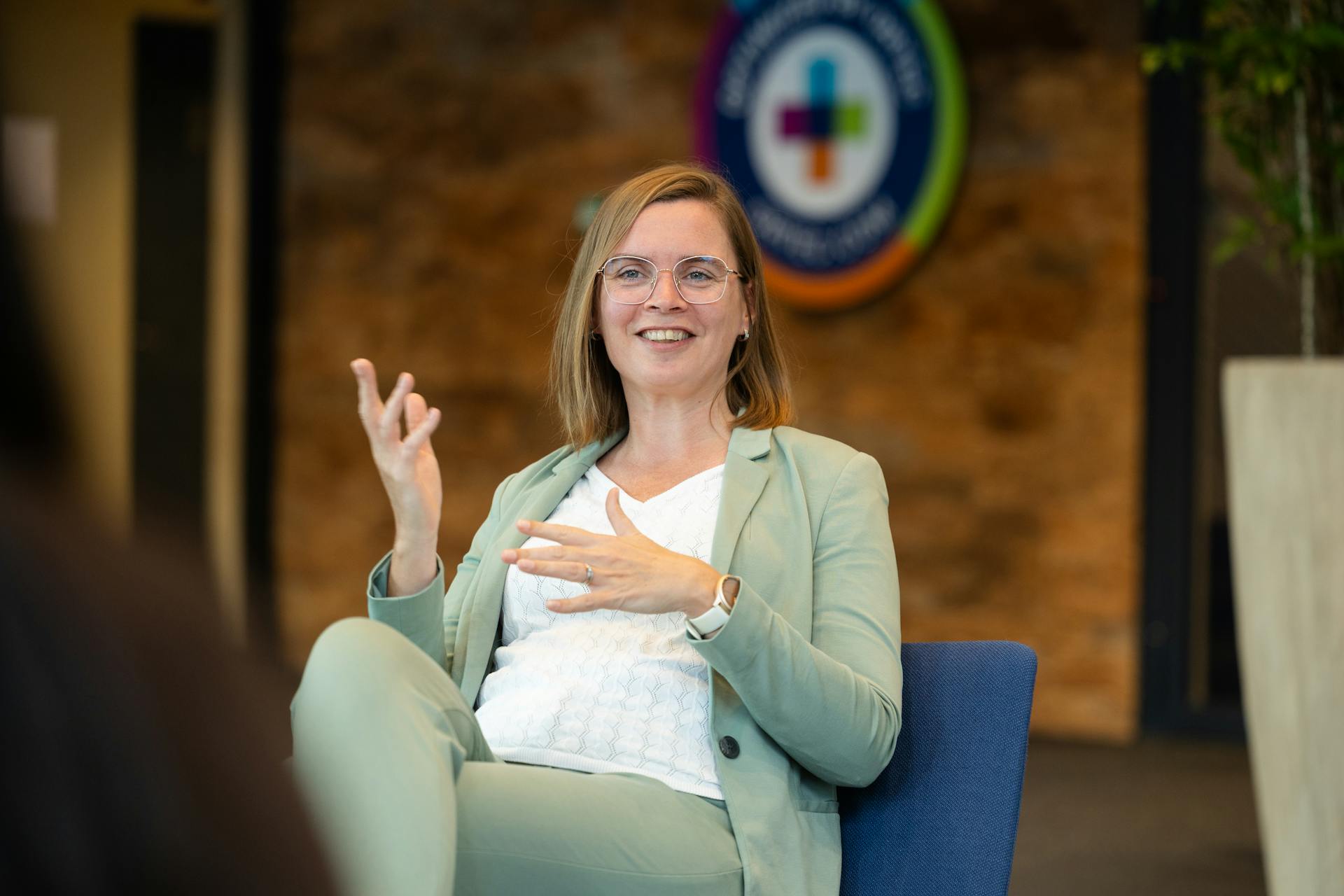A career built on connection
Before becoming VP of Operations at ORTEC, Rianda held diverse roles as consultant, project leader, business leader, and team manager. In all these roles, one thing has always been central to her approach: connection - especially since stepping into leadership positions. “For me, leadership is about more than just guiding a team,” she explains. “It’s about building meaningful connections: between people, with our customers, and with the results we deliver. I believe people do their best work when they can be their true selves. Staying true to myself is part of that too. Even when my more 'feminine' qualities - think of connection, empathy and inclusivity - might not seem like typical leadership traits at first, they have proven to be valuable and needed.
Having conversations matters
For Rianda, speaking about women in tech and challenges we encounter doesn’t always happen in formal settings. Often, it’s the small, informal moments when spontaneous and meaningful conversations arise.“At the same time, sharing a personal experience can invite others to share theirs, and that’s how understanding grows.” She believes every conversation helps to make a specific topic a little less difficult and a little more normal. And in that normalization lies progress. “Every conversation I’ve had has given me something in a way. It brings new insights and/or keeps the momentum going. At the same time: every conversation we don’t have is a missed opportunity – for an insight, for an idea, et cetera.”
This is why Rianda emphasizes creating space for everyday conversations, such as in the office at the coffee machine, during a shared lunch, or on a walk outside. “Some colleagues are used to eating their lunch quickly behind their laptop. I try to pull them along for a joint lunch or a walk outside, which we often do at ORTEC. Those small moments of connection give these conversations a chance to happen.”
Awareness & allyship
She recalls an example that showed how awareness can make a difference. A female colleague struggled in the collaboration with a male customer and quietly assumed it had to do with her. Thanks to an earlier discussion about gender dynamics, a male teammate recognized what might be happening: that extra voice some women carry in their heads, wondering if the problem is somehow theirs. He brought it up in the team, making it clear the issue was broader and not about her personally. That moment of support gave his colleague comfort knowing it wasn’t about her or her gender. It was a small act, but one that gave her relief and reinforced the value of awareness and allyship.
When you’re having a conversation, it’s important to be curious about the other person. Don’t make assumptions - just ask
Proud to be a woman in tech
Rianda believes diversity is not just a strength, but a necessity. “We need different perspectives, different qualities, also in leadership. That’s why I stay true to my own leadership style and why I keep emphasizing connection. Women in tech are essential, and I want to continue contributing to that change.” At ORTEC, she’s also proud to be one of the founding members of AccelerateHer, ORTEC’s internal initiative for greater diversity and inclusivity in the workplace. As part of the organizing team for two internal events led by this initiative, she has seen firsthand how powerful they can be - sparking conversations and creating recognition across the organization.

Rianda Jenema, VP of Operations at ORTEC Supply Chain Planning
"For me, the AccelerateHer initiative is about starting a movement, making issues visible and open for discussion, and creating space for people to connect and engage with each other on this topic. The strong attendance at both events shows that this is a topic our colleagues truly care about."
Men versus women in tech
Rianda acknowledges that the topic of ‘Women in Tech’ is not always easy to discuss. Differences between men and women are often generalized, while every individual is unique. For Rianda, the key is to keep the conversation alive - even when it feels uncomfortable. She points out: “When a woman speaks up, she might be labeled ‘catty’ But when a man speaks up in the same way, he is called ‘assertive.’ Those double standards are real, and we need to talk about them.”
“How is it for you?”
During our conversation, she turned the question around and asked me, the interviewer (Linda Janssen, Senior Content Writer at ORTEC), about my own experiences as a woman in tech. It surprised me at first (in a good way), yet it perfectly reflects her curiosity and how much she values real dialogue. I recalled a meeting where I proposed an idea, only to be ignored. Ten minutes later, a male colleague repeated the same idea - and suddenly, everyone responded positively. Rianda nodded in recognition and immediately connected it to a case that was presented during one of the AccelerateHer events: “When the facilitator asked who in the room had experienced something similar, nearly every female hand went up. It’s a clear example of why visibility and advocacy matter.”
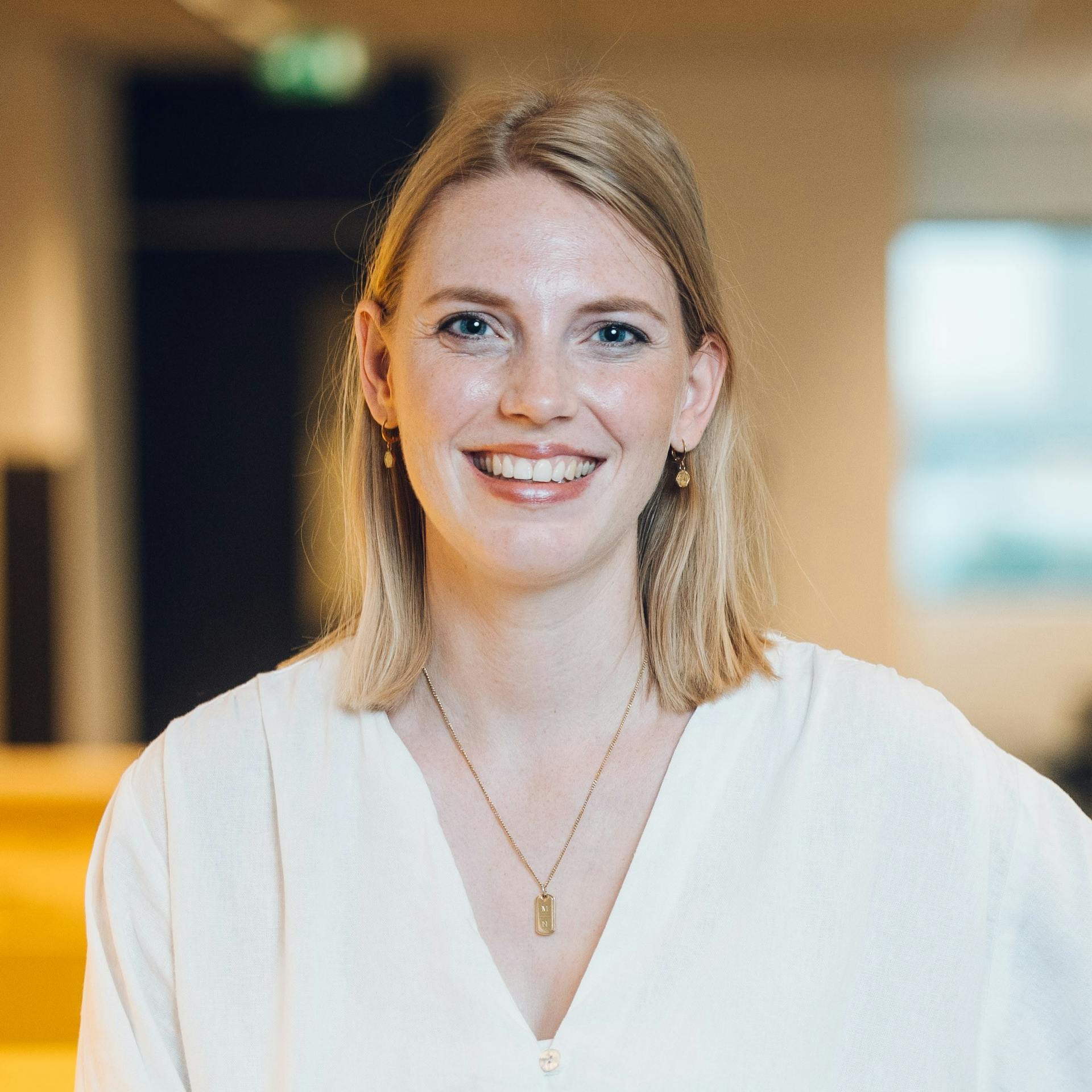
Early in her leadership career, Rianda noticed subtle dynamics that affected how women’s contributions were received. She herself has had similar experiences. In a customer meeting, Rianda attended as the operational lead responsible for the customer, and as the manager of a male colleague she was with. The purpose was to introduce her to the customer’s COO. Yet when they entered the room, the customer shook her colleague’s hand, but not hers. When her male colleague noticed something felt off, he did decide to formally introduce her to the customer. That’s when the dynamics changed, and the conversation turned more professional and respectful. “It seems minor, but these small actions matter more than we sometimes realize,” she says.
Hearing Rianda’s experience reminded me, the interviewer, of situations where I wasn’t in direct contact with senior (often male) colleagues, and my ideas had to be relayed through another colleague. While my message reached its destination, the visibility didn’t - showing how indirect communication can unintentionally limit recognition, and with it, the chance for everyone’s ideas to be acknowledged and valued.”
Being in the minority: a benefit, or not?
When she was still studying mathematics, Rianda was one of the few women in the program. At first, she thought it made her stand out in a positive way. “I even thought it would make it easier to get hired, since there were fewer women. But later I realized it doesn’t necessarily work like that. Many men are still the ones hiring, and they may unconsciously prefer candidates who resemble themselves.”
Now, in the workplace, she also reflects on this: not only through her own experiences, but also through many conversations with colleagues and peers. It’s not just about the statistic of being a minority, she explains, but about whether all ideas are truly heard and valued. When she was still the only woman, her ideas were acknowledged politely but sometimes left hanging. When another woman joined the team, the same contributions received more reactions and energy. “It wasn’t just about recognition. With another woman present, my ideas seemed to have more chance of being acted upon. Having more women in the room amplifies voices and can help ideas come to life. It brings a different energy. Being in the minority is not necessarily a problem (and sometimes it can be even nice) - but making sure that minority is recognized for its value is what really matters.”
About Rianda
Rianda Jenema is VP of Operations at ORTEC Supply Chain Planning. She lives in a small town near Amsterdam with her husband and two children (ages 9 and 7). From her window, she can see cows in the fields, but she’s still close to the bigger, vibrant cities: which she says is a perfect balance. She is passionate about creativity and music. She plays the trumpet, sometimes alongside her husband, and recently toured the UK together with a 40-person orchestra. Beyond music, she also paints: from landscapes, to animals, to abstract art - and stays active through volleyball.
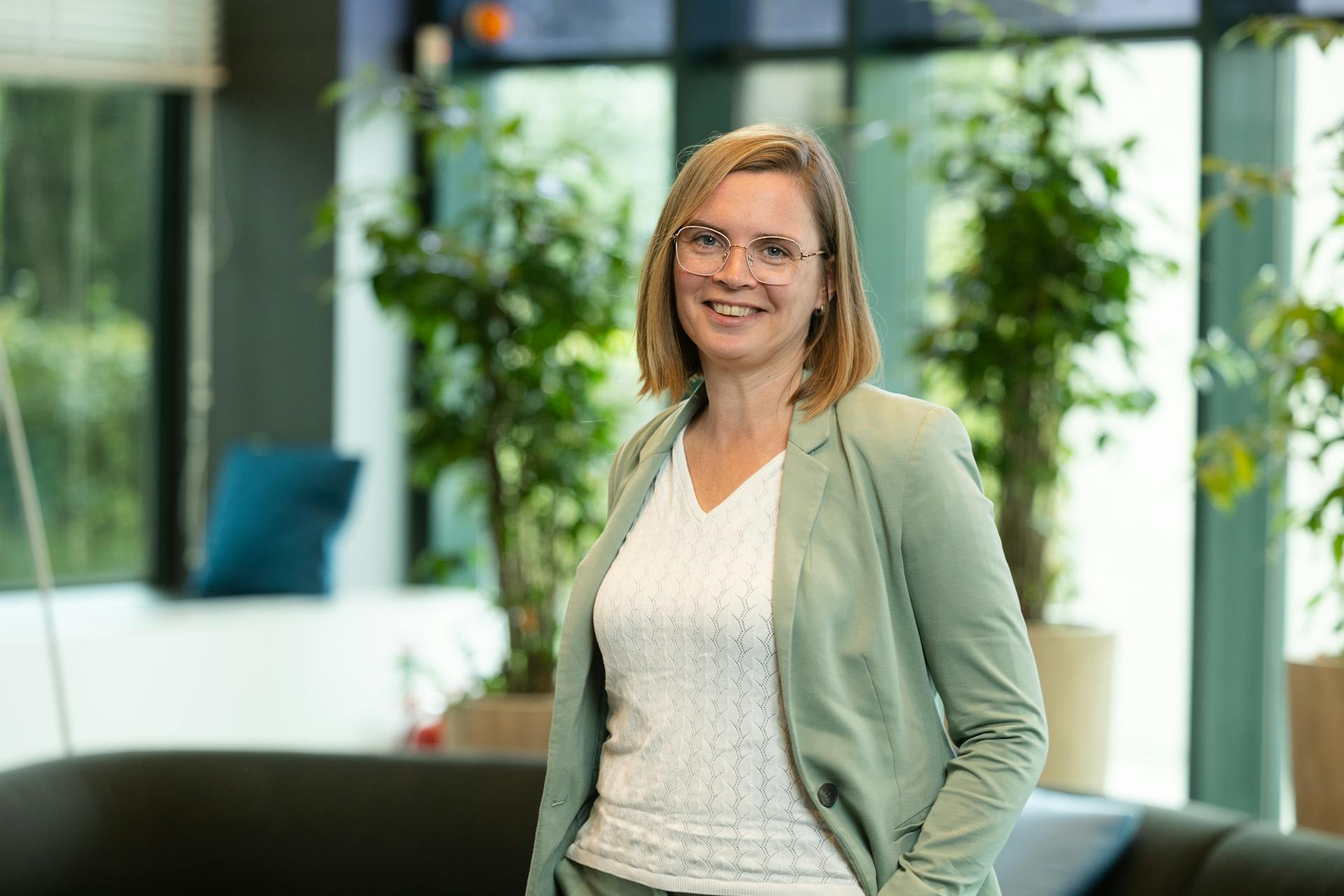
ORTEC's Women in Tech
‘ORTEC’s Women in Tech’ is a series highlighting some of our amazing women. At ORTEC, we value a diverse and inclusive workforce. Nonetheless, with about one third of our workforce identifying as female, we would like to increase this number. By launching ‘ORTEC’s Women in Tech’ series, we aim to inspire women to enter the tech industry – we can tell from experience that it’s a great environment to be in!
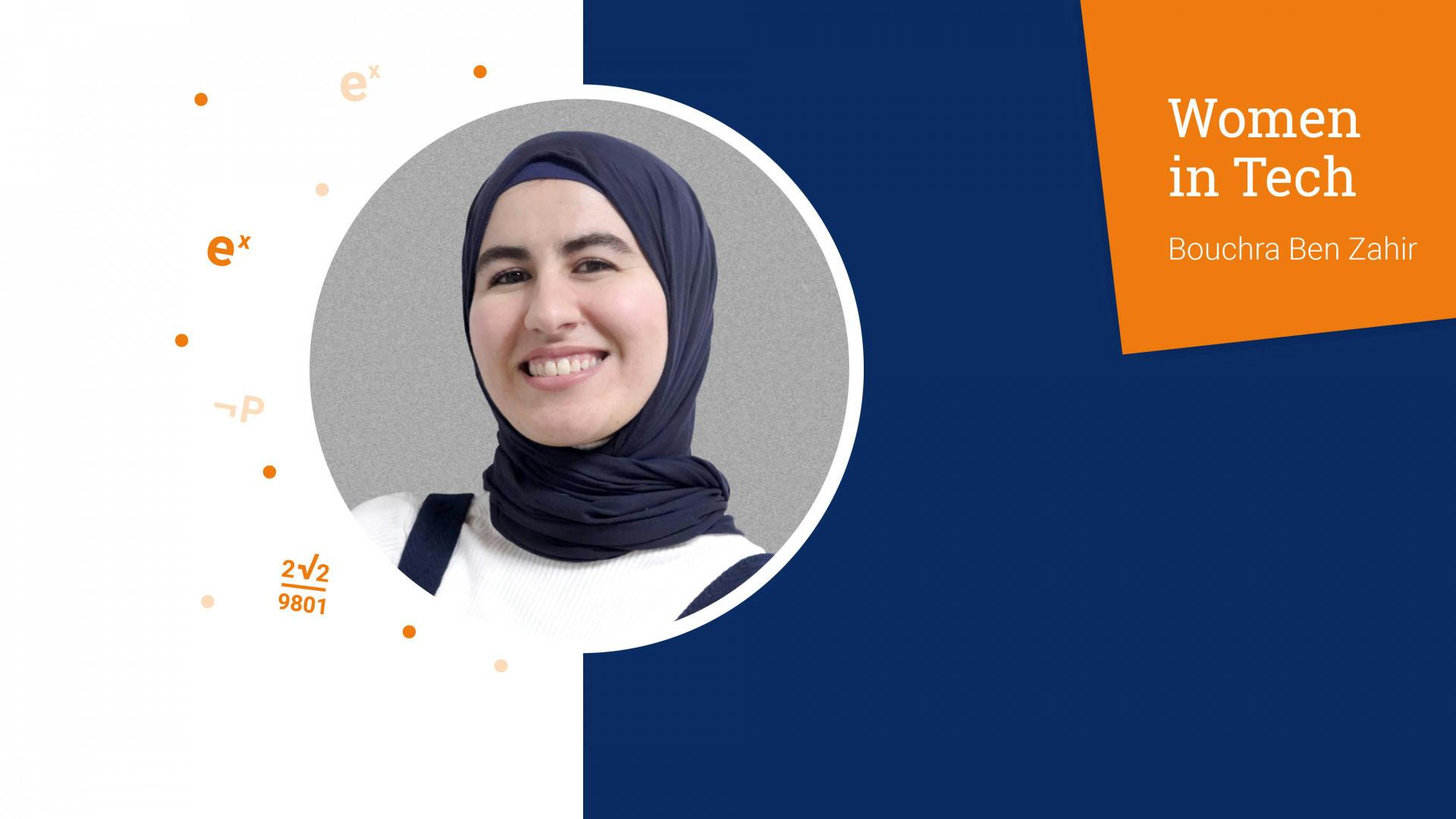
Be your own cheerleader | Writing my own script
Read More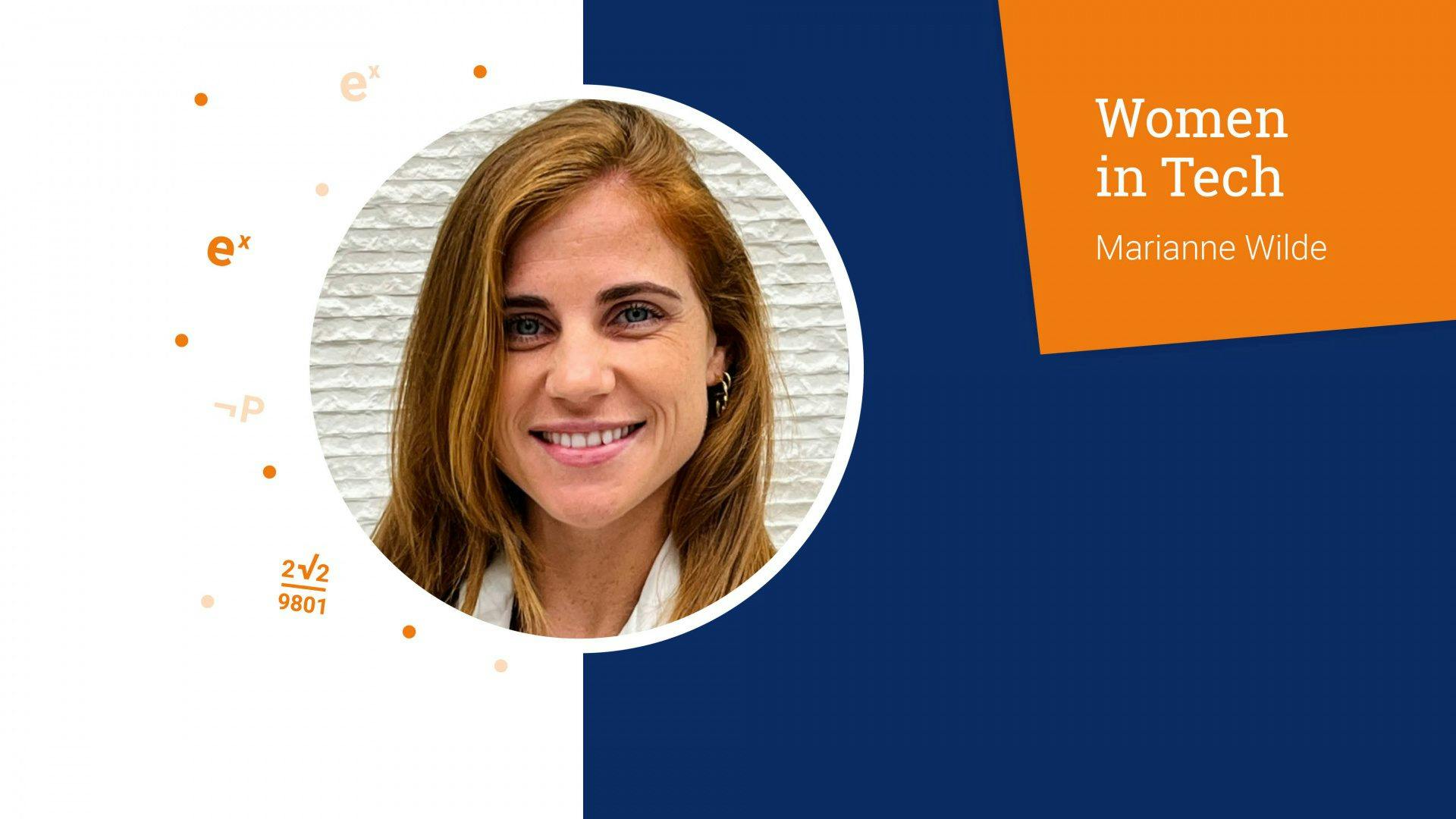
Talent knows no gender | From boundaries to breakthroughs
Read more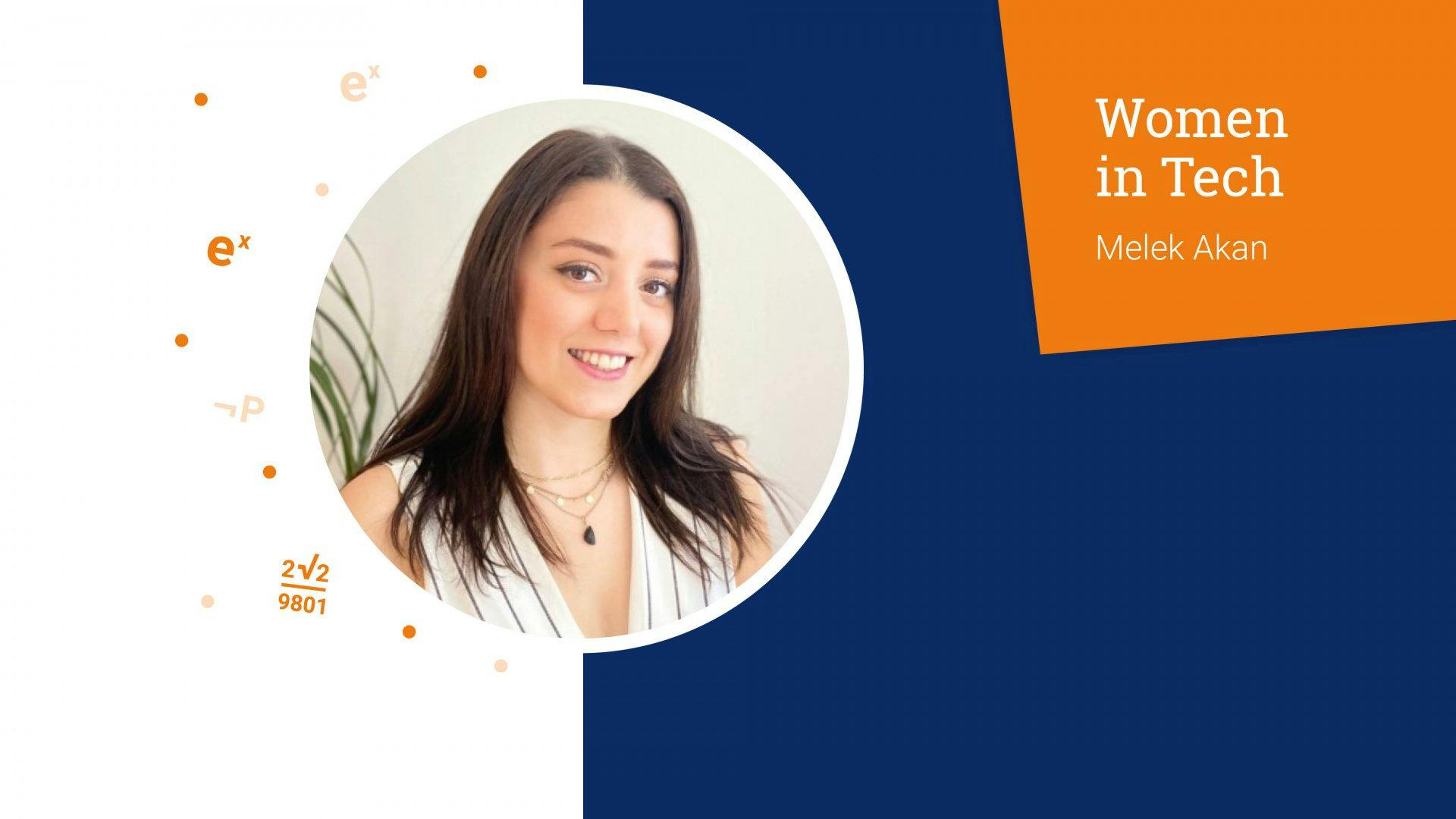
A journey to confidence | From feeling like a young girl to knowing my worth
Read more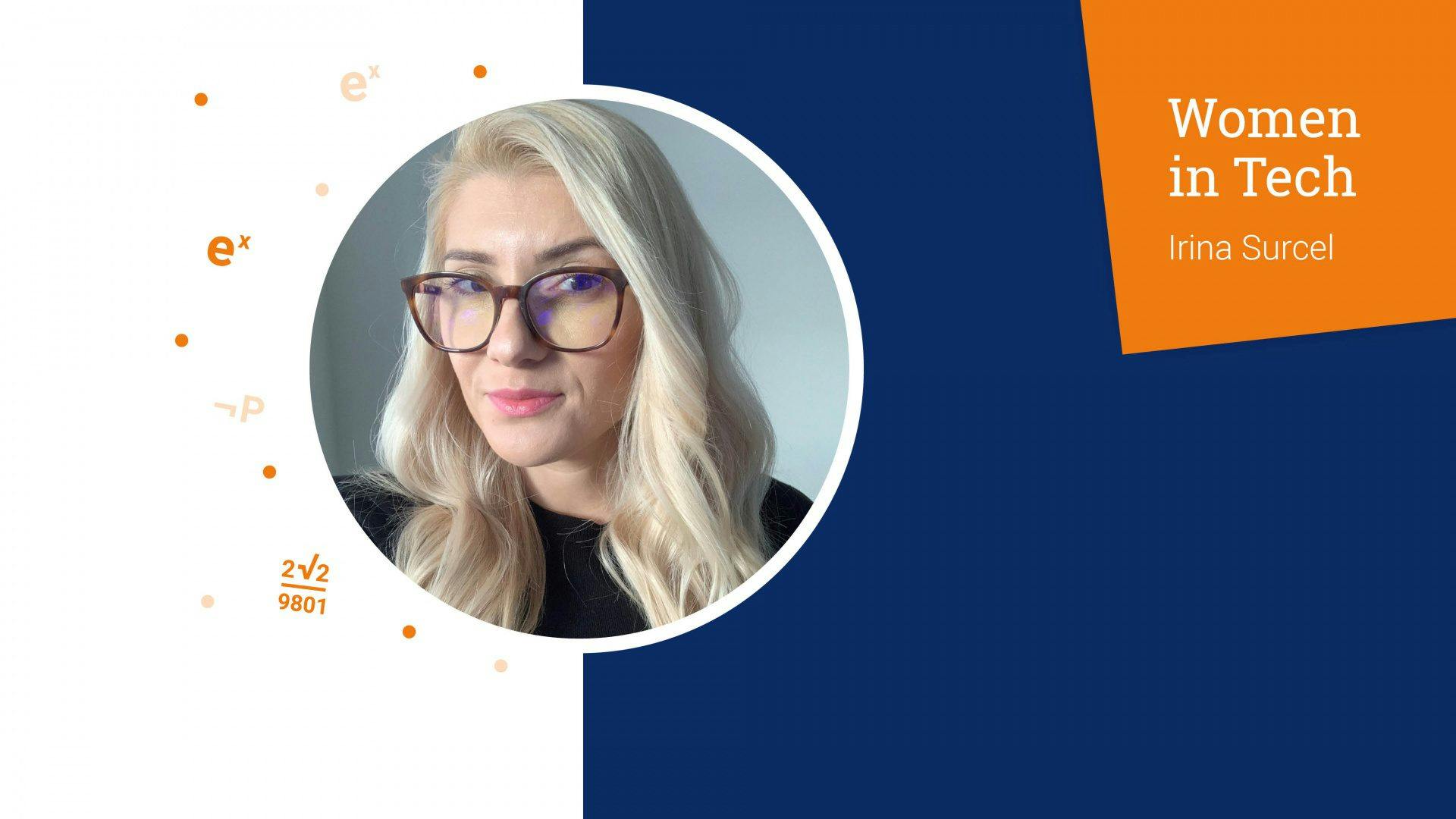
Women uplifting women | From individual power to collective impact
Read more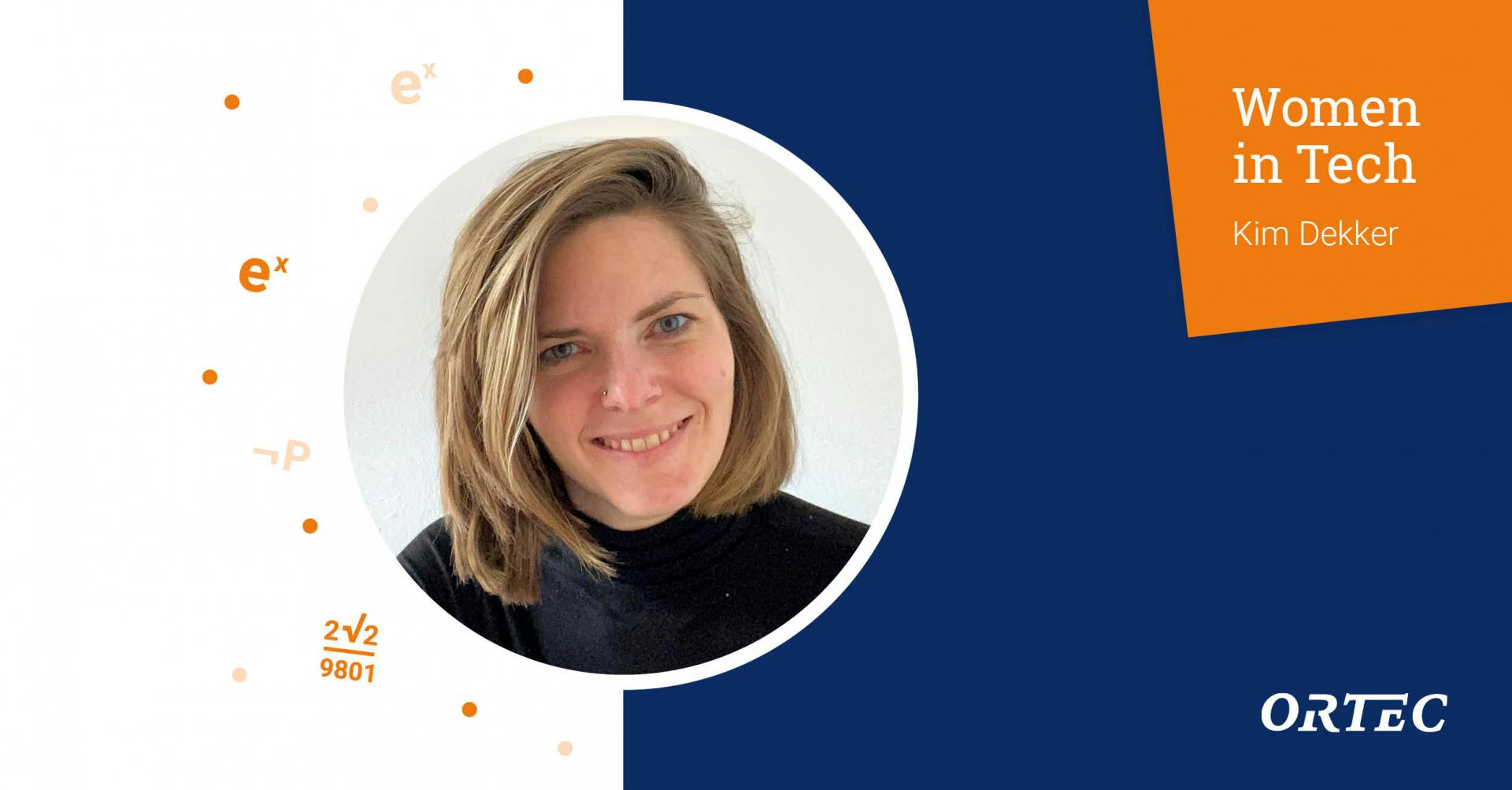
The ‘impossible’ or ‘I’m possible’ | From professional dance to tech
Read more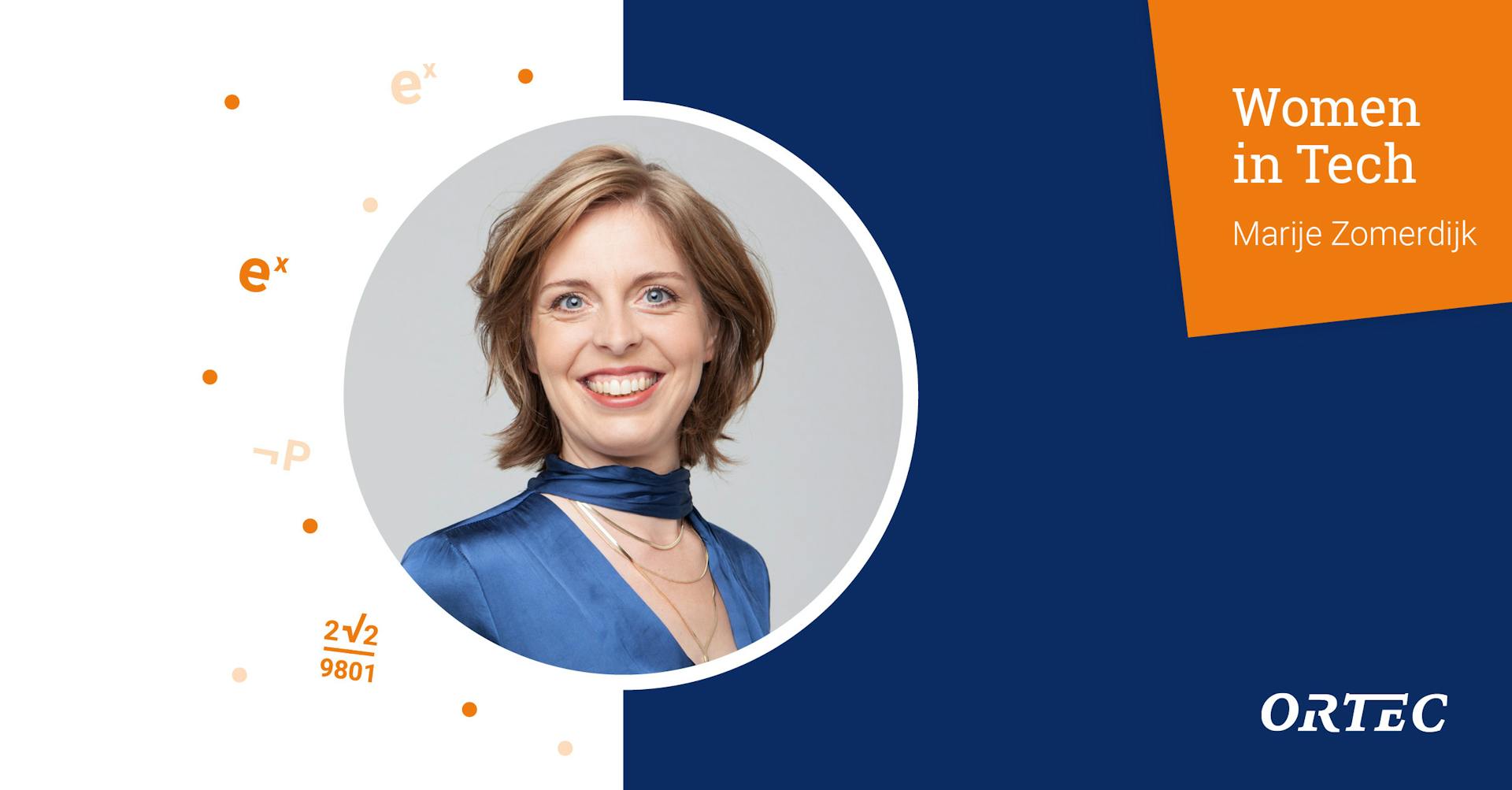
Women in Tech | Marije Zomerdijk on Leadership & Visibility
Read moreJoin our Journey
We’re on a journey to attract more women into tech. Are you interested in pursuing a career at ORTEC? Or looking for a job like Rianda's?
